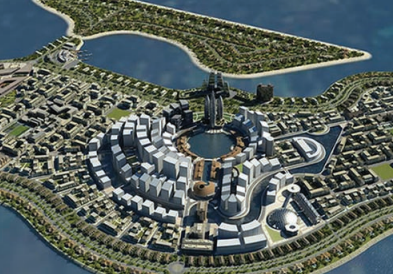African urban fantasies: dreams or nightmares?

Labeled as the “last frontier” for international property development, sub-Saharan Africa’s larger cities are currently being revisioned in the image of cities such as Dubai, Shanghai, and Singapore, which claim top positions in the world-class city leagues. Draped in the rhetoric of “smart cities” and “eco-cities”, these plans promise to modernize African cities and turn them into gateways for international investors and showpieces for ambitious politicians. Yet the reality in all of these cities stands in stark contrast to the glass-box towers, manicured lawns, and water features on developers’ and architects’ websites. With the majority of urban populations living in deep poverty and with minimal urban services, the most likely outcome of these fantasy plans is a steady worsening of the marginalization and inequalities that already beset these cities.
The urban plans for Africa’s larger cities, if they exist at all, are usually to be found in dilapidated condition, perhaps pinned to the wall in a central government ministry or folded into a large technical report. Most often, they reflect a static land use zoning plan covering the older parts of the city and they usually bear little relationship to what is actually on the ground. But this is changing fast. The proposed new urban master plans for many of Africa’s larger cities are now to be found on the websites of international architectural, engineering, and property development companies, and they depart even further from African urban reality than did the post-colonial zoning plans
Abstract based directly on source.


Comments